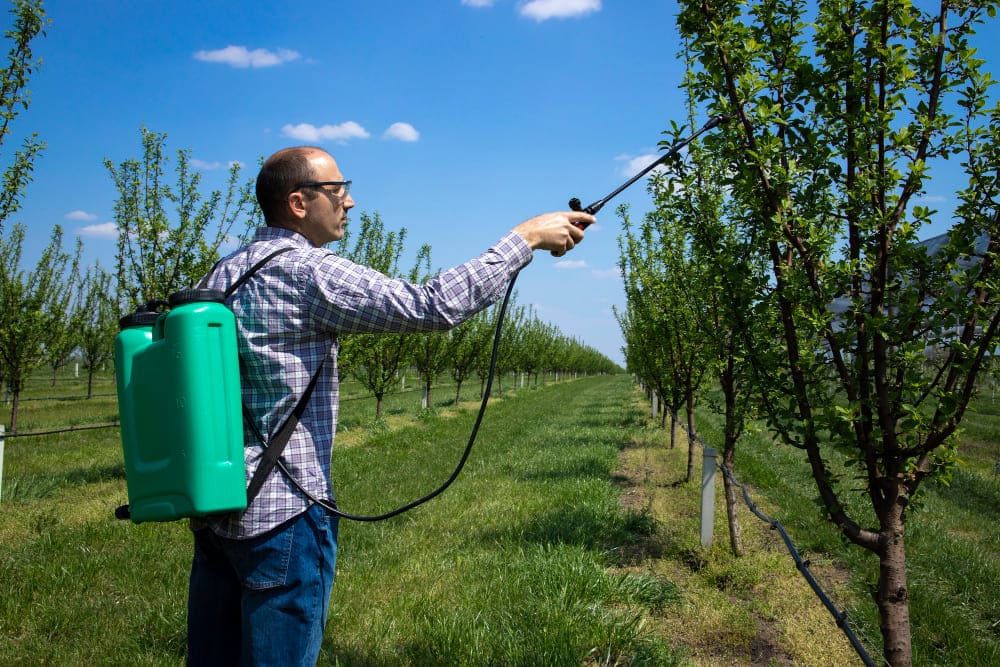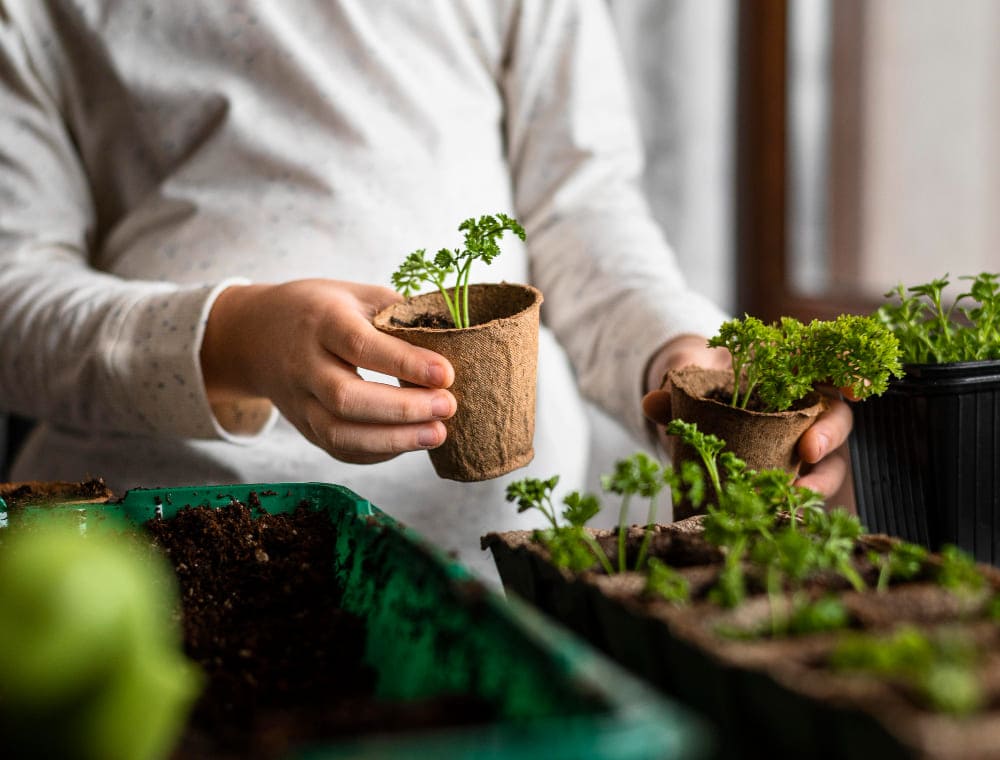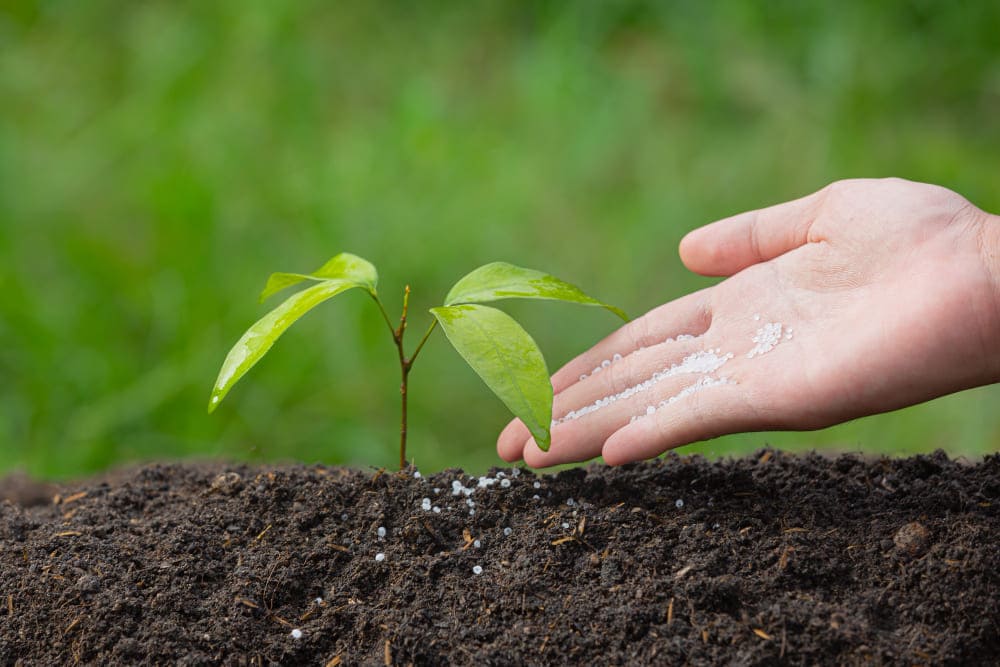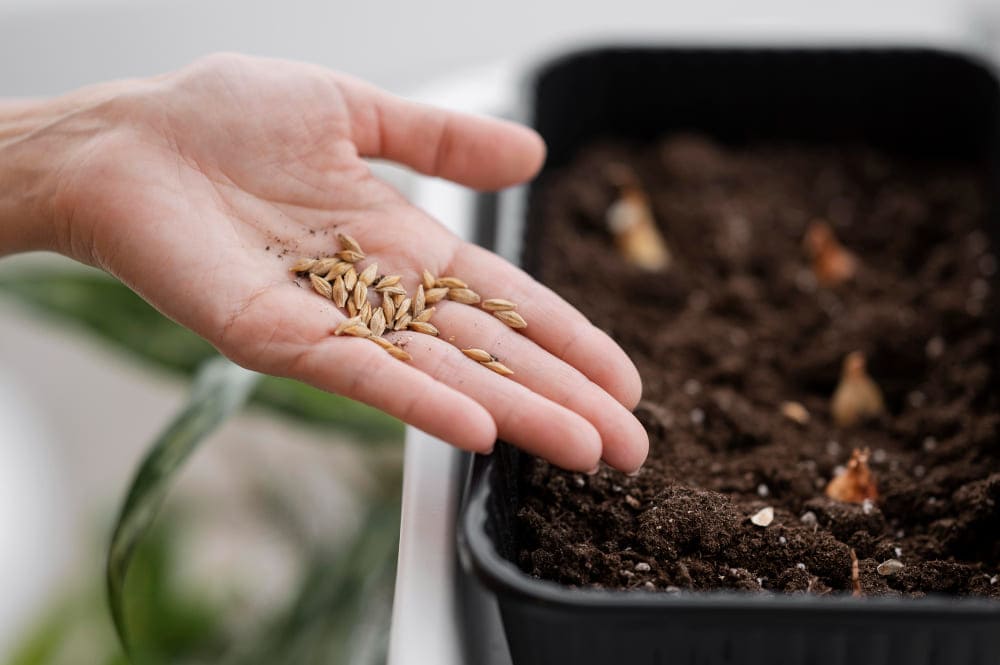Experts in agricultural sector
We focus on developing Yemen’s agricultural system and support the farming environment by offering products and services that meet the needs of the local market.
A leading agricultural trading company providing high-quality products and services to farmers and nurseries across Yemen, backed by years of experience and ongoing technical and advisory support.
We offer integrated solutions for agricultural production and modern farming services, combining trusted products with well-informed field consultations. Driven by passion, we strive to meet the needs of farmers and elevate the quality of local agricultural output.
Our team is dedicated to helping farmers and agricultural investors achieve the best returns from their projects by applying proven and effective farming practices and technologies.






Palm trees, in all their varieties, are vulnerable to a range of pests—particularly insects and mites—that can cause serious damage if not addressed promptly and effectively. Across the globe, specialized agricultural authorities in palm-growing regions develop strategic plans and control programs to keep these pests below economic threshold levels.
Integrated pest management (IPM) programs have proven successful in various parts of the world in reducing the harm caused by many of these pests. Among the key components of these programs is chemical control, which, when applied correctly, plays a vital role.
For chemical control to be effective, several factors must be considered:
Accurate identification of the target pests
Understanding their life cycles, activity periods, and most damaging stages
Choosing the right pesticides and application methods
Ensuring that treatments are carried out by trained personnel
Applying treatments during optimal times, typically early morning or late afternoon
When these steps are followed properly, chemical control becomes a powerful tool in protecting palm trees and preserving their health and productivity.
Carnivorous plants, also known as insect-eating or carnivorous plants, are a group of plants that have adapted to obtain nutrients from insects and other small animals.
These plants are typically found in areas with nutrient-poor soil, such as swamps and rainforests. They have developed clever ways to attract, capture, and digest their prey.
It plays a major role in the formation of chlorophyll, which is essential for photosynthesis.
It supports the process of cell division.
It plays an active role in the plant’s metabolism by acting as an enzyme activator in the production of proteins and carbohydrates.
Plants cannot absorb potassium and phosphorus properly without a sufficient amount of magnesium.
It helps prevent leaf yellowing.
It promotes the development of a strong root system and firm, sturdy stems.
⏪ Magnesium Deficiency Symptoms: The spread of mottled spots on older leaves. Brown spots may appear on the edges of the leaves. As the deficiency increases, the entire leaf turns yellow, leaving only the green veins, which can affect plant performance and the fruit set. Magnesium fertilization can also affect the plant’s performance.
⏪ Symptoms of Excess Magnesium:
Excess magnesium in the soil weakens the calcium in the plant, causing it to suffer from nutrient deficiencies.
Therefore, we recommend not increasing the percentage of magnesium fertilizer in the plant.
How to Use Magnesium:
You can moisten 5 grams of chelated magnesium fertilizer in 5 liters of water to create moisture, or spray the leaves directly.
Magnesium fertilization is repeated every 20 days.
